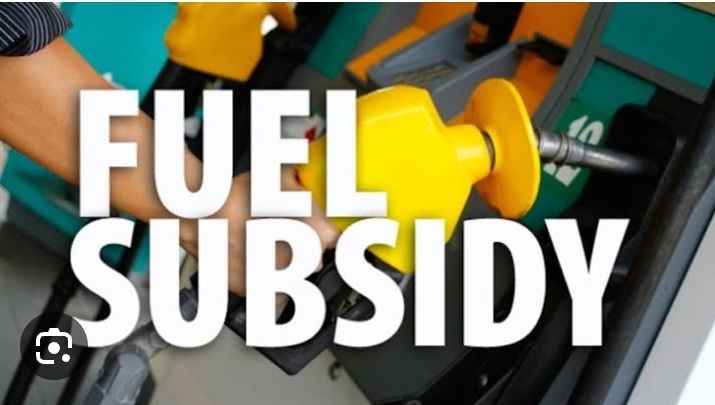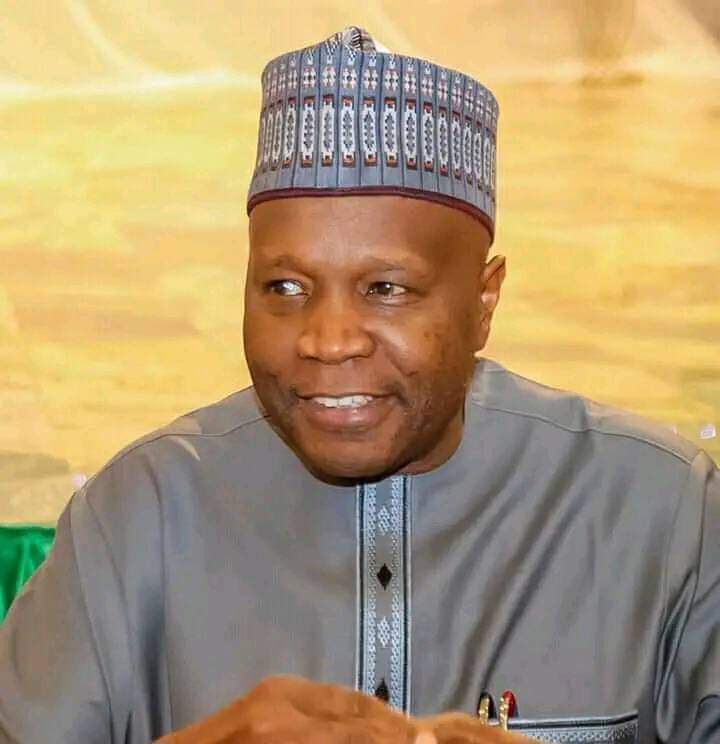As Nigerians recover from the recent naira and fuel scarcities, they are bracing for yet another disruption: the removal of fuel subsidies, one that has been a contentious issue for many years.
While some argue that it is necessary to keep fuel prices low for the average citizen, others contend that it is a wasteful expenditure that only benefits the rich. Either way, the subsidy has become a significant drain on Nigeria’s economy, costing the government N102.5 billion monthly, to keep fuel prices artificially low.
Last October, the Minister of Finance, Budget, and National Planning, Zainab Ahmed, announced the federal government’s plan to remove fuel subsidies.
This plan will take effect in June this year. If this happens, the petrol price which currently sells for N185 to N270 will increase to about N302 per litre.
The removal of fuel subsidies is also likely to lead to a significant ripple effect on the economy as a whole.
For example, transportation costs are likely to rise after the removal of fuel subsidies, which could equally lead to inflation and a decrease in the purchasing power of the average Nigerian.
After the announcement last year, the government said it would give a monthly transportation grant of N5,000 to 40 million poorest Nigerians for a year to mitigate the immediate effect of the subsidy removal.
Now the government has begun plans to disburse $800 million to 10 million households- roughly 50 million Nigerians- across the country as a palliative measure.
While the palliative measure is to mitigate the impact of the subsidy removal, it is necessary to understand the realities of Nigeria’s fuel subsidy palliative – it may not be enough to significantly impact the lives of the country’s multidimensionally poor population.
Auspiciously, Nigeria’s reality is that there are 133 million multi-dimensionally poor Nigerians. This means 133 million Nigerians lack more than one essential survival need (good health, good living standards, primary education, and gainful employment).
But that is not the only problem. 40.1% of Nigerians are monetarily poor. This means they make less than $2.15 per day. When divided amongst 10 million households, the $800 million palliative amounts to just $80 per household.
This amount can only buy them 10 litres of fuel at the current price, which many Nigerians rely on for transportation and generating electricity.
When the fuel subsidy is removed, the projected increase in fuel prices will make it even more difficult for the average Nigerian to afford fuel. While the palliative may provide some temporary relief, it is not enough to address the long-term effects of subsidy removal.
According to the Nigerian government, the palliative measure will be for the most vulnerable in society, as identified through the national social register, the country’s most comprehensive database of individuals, with detailed information on over 50 million poor and vulnerable citizens.
However, Nigeria has a history of corruption and bureaucratic inefficiencies, and ensuring that the cash transfers reach those who need them the most will be a challenge.
It is important to note that the money used for this palliative measure is one of Nigeria’s loans approved by the World Bank in 2021 to increase Nigeria’s safety net coverage.
The government would need to ensure that the cash transfers reach the most vulnerable in society and that measures are in place to prevent fraud and mismanagement of the funds.
While the palliative measure is a step in the right direction, it is vital to acknowledge the realities of Nigeria’s fuel subsidy palliative. The government would need to find a sustainable solution that balances the need for fiscal responsibility and ensure that the multidimensionally poor population is adequately supported during this transition.
For example, the government could consider gradually phasing out fuel subsidies over a long period and investing in alternative energy sources such as solar and wind power.










